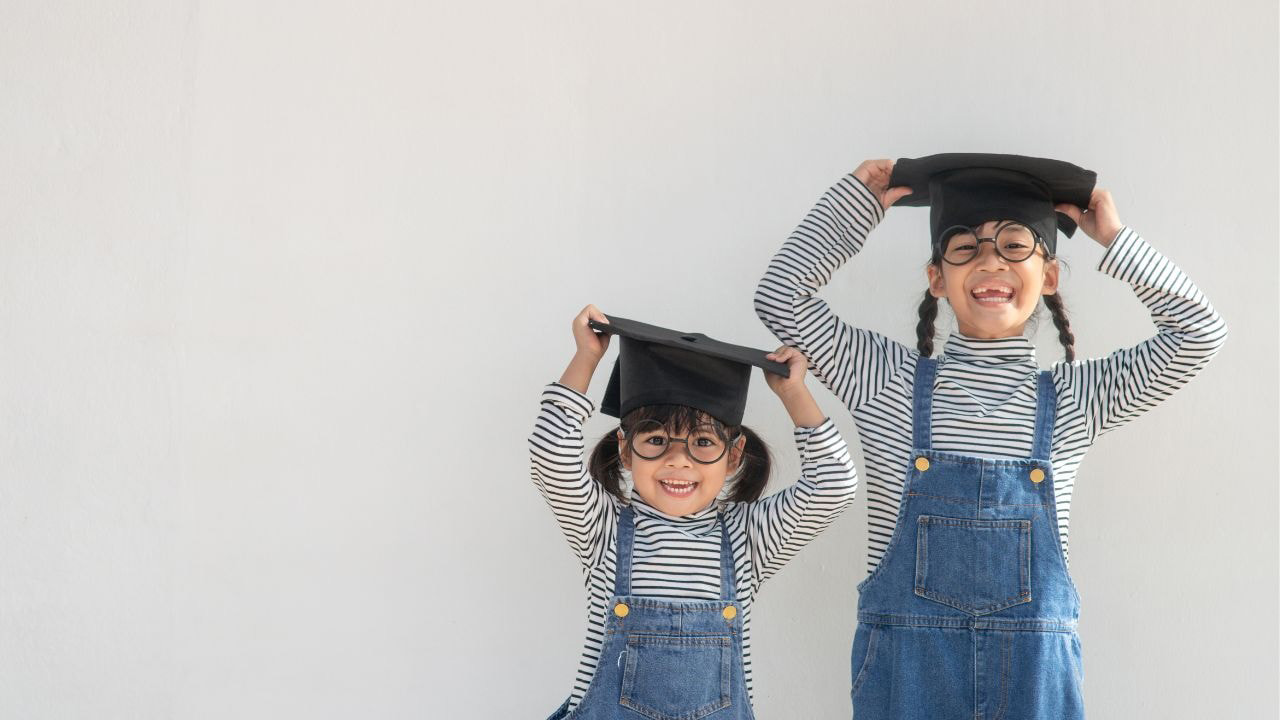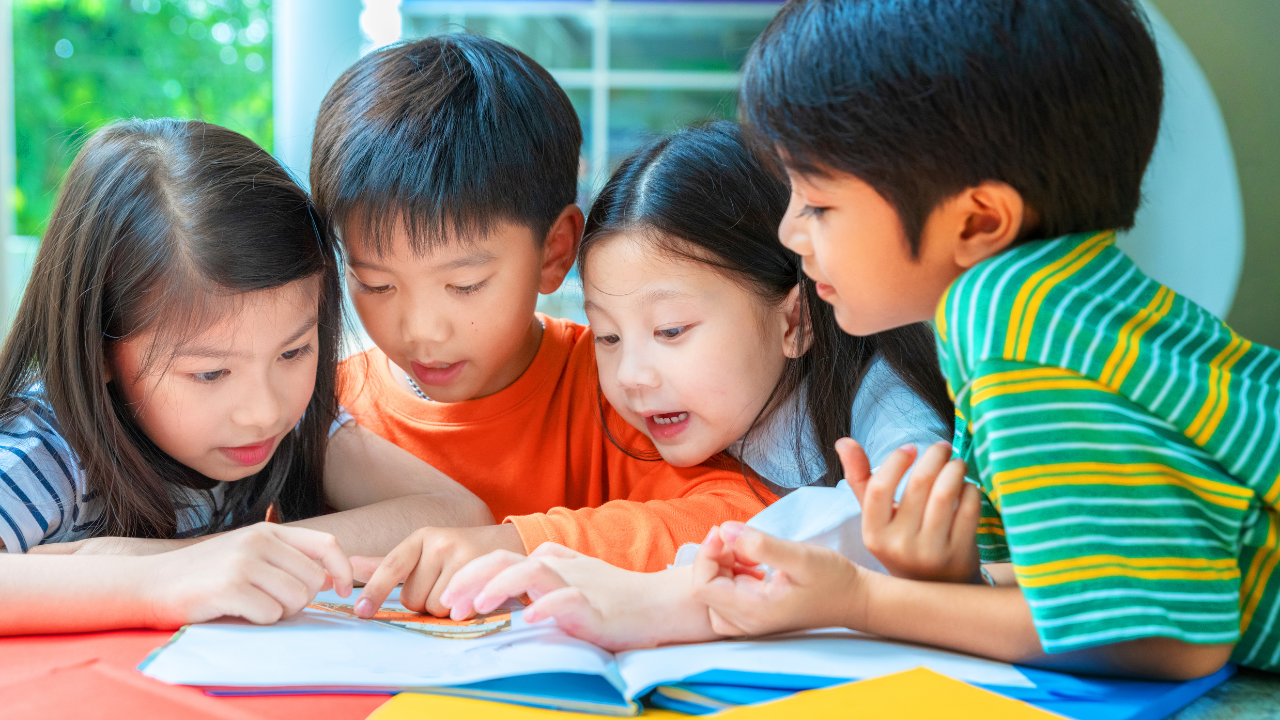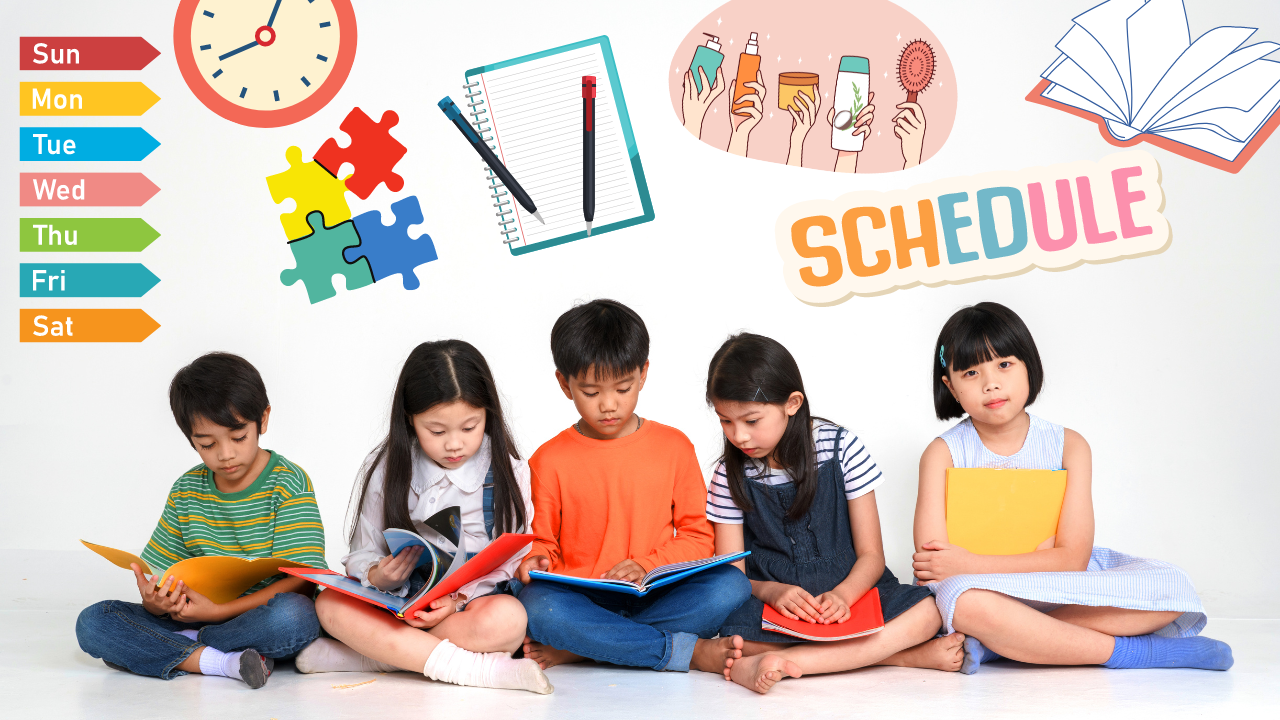Choosing the right primary school for your child is a crucial decision that can significantly shape their educational journey and future opportunities.
In Singapore’s diverse educational landscape, parents often face the daunting task of selecting the best fit.
Each school boasts unique academic programmes, extracurricular activities, and educational philosophies, making the decision both exciting and challenging.
This guide is designed to help you navigate Singapore’s primary school system effectively. We will delve into the top primary schools in the country, highlighting what sets each apart.
We’ll also discuss key factors that should guide your decision-making process.
By understanding the range of schools available and the special programmes they offer, you’ll be better equipped to choose a school that aligns with your child’s interests and learning style.
An Overview of Singapore's Primary School System
The primary school system in Singapore is celebrated for its rigorous academic standards and diverse curriculum.
Catering to children aged 7 to 12, it prepares students for future challenges by promoting a well-rounded education that encompasses both traditional subjects and contemporary learning approaches.
Types of Public Schools in Singapore
Public Primary Schools
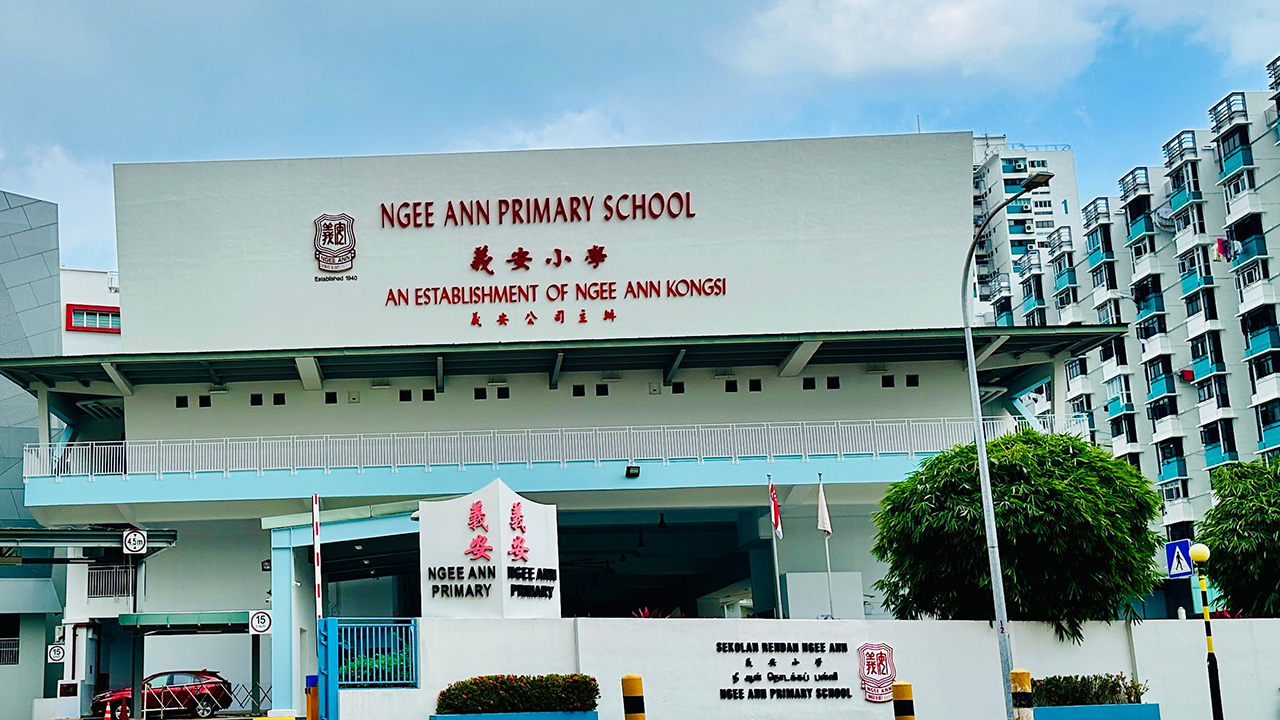
Ngee Ann Primary School (Source)
Public primary schools in Singapore are government-funded and follow the national curriculum set by the Ministry of Education (MOE). They are open to all students and offer a variety of co-curricular activities (CCAs) to encourage well-rounded development.
These schools provide comprehensive education and a solid foundation in core subjects such as English, Mathematics, Science, and Mother Tongue languages.
Autonomous Primary Schools
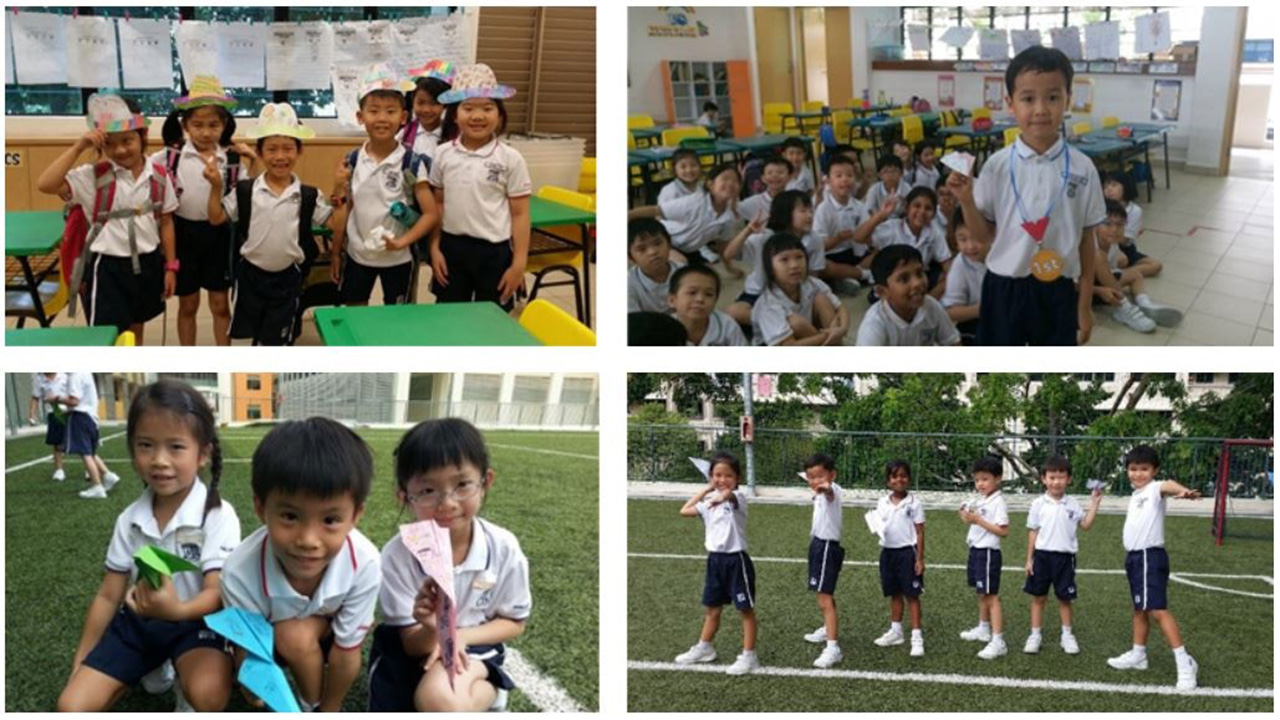
Rosyth School (Source)
Autonomous primary schools have more flexibility in their curriculum and programmes compared to regular public schools.
While they still follow the national curriculum, these schools can introduce additional subjects, enrichment programmes, and unique CCAs that cater to the diverse interests and talents of their students.
Autonomous schools often have a distinctive ethos and culture, offering a more customised educational experience.
Affiliated Primary Schools
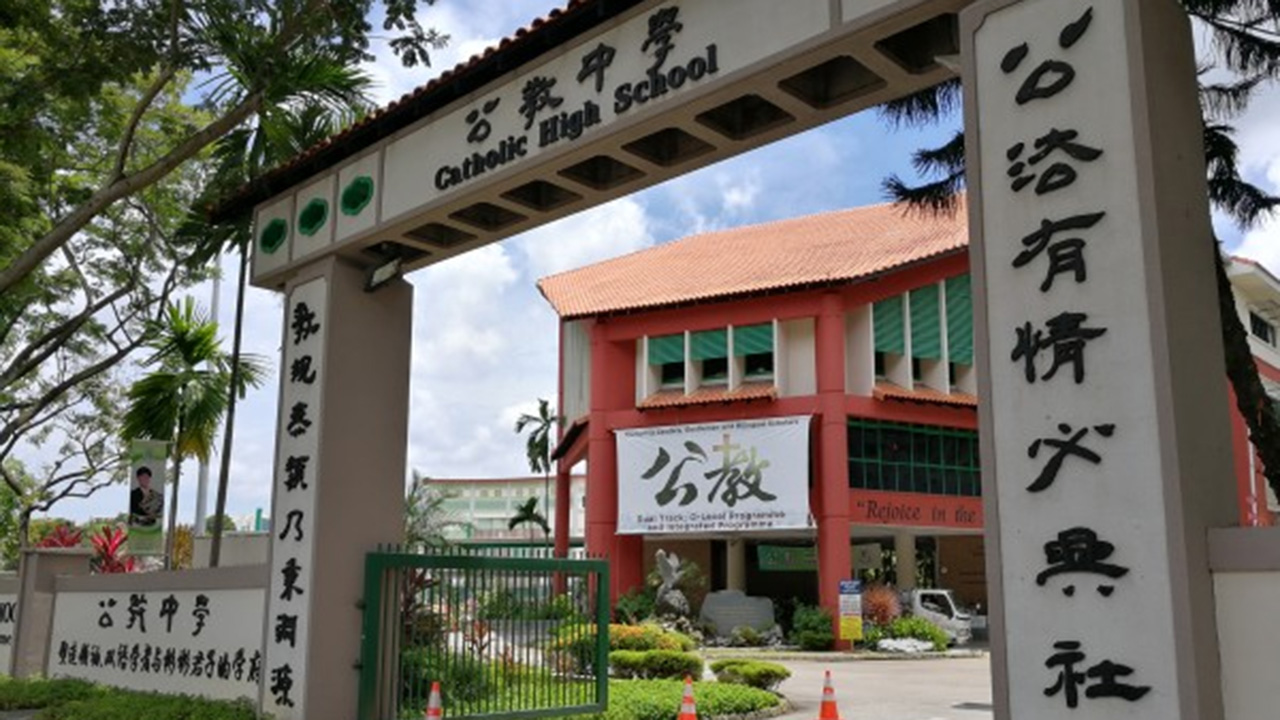
Catholic High School (Primary) (Source)
Affiliated primary schools are linked to secondary schools and often share similar values and educational philosophies.
Students in these schools may receive priority admission to the affiliated secondary school if they meet certain criteria.
This continuity can provide a smoother educational journey. Affiliated schools balance academic learning with a strong emphasis on character development and values education.
Special Programmes
Special Programme schools in Singapore offer tailored curriculums that focus on specific areas such as arts, sports, or science.
These schools provide students with opportunities to pursue their passions and talents alongside their academic studies, ensuring a balanced and enriching educational experience.
Special Assistance Plan (SAP)
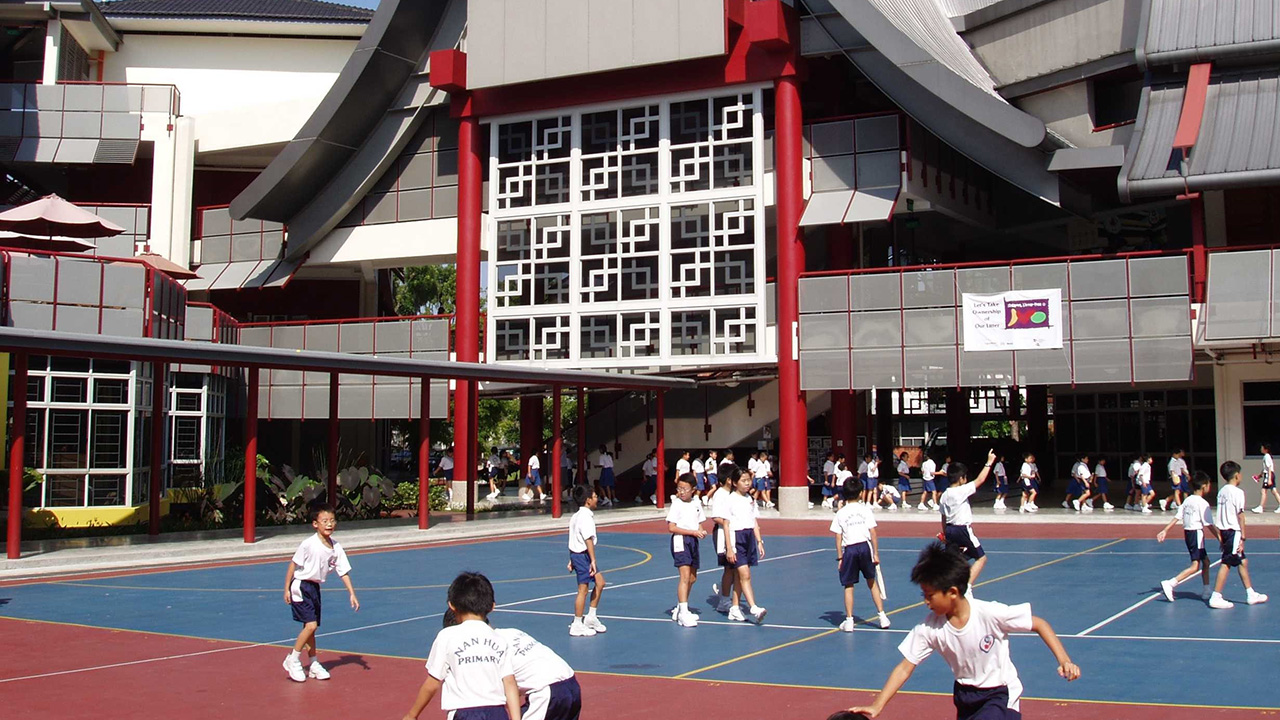
Nan Hua Primary School (Source)
The Special Assistance Plan (SAP) is designed to preserve the learning of the Chinese language and culture. SAP schools offer a bilingual curriculum where both English and Chinese are taught at a high level.
These schools aim to develop students who are proficient in both languages and have a deep appreciation for Chinese culture. SAP schools are known for their strong academic performance and cultural programmes.
Gifted Education Programme (GEP)
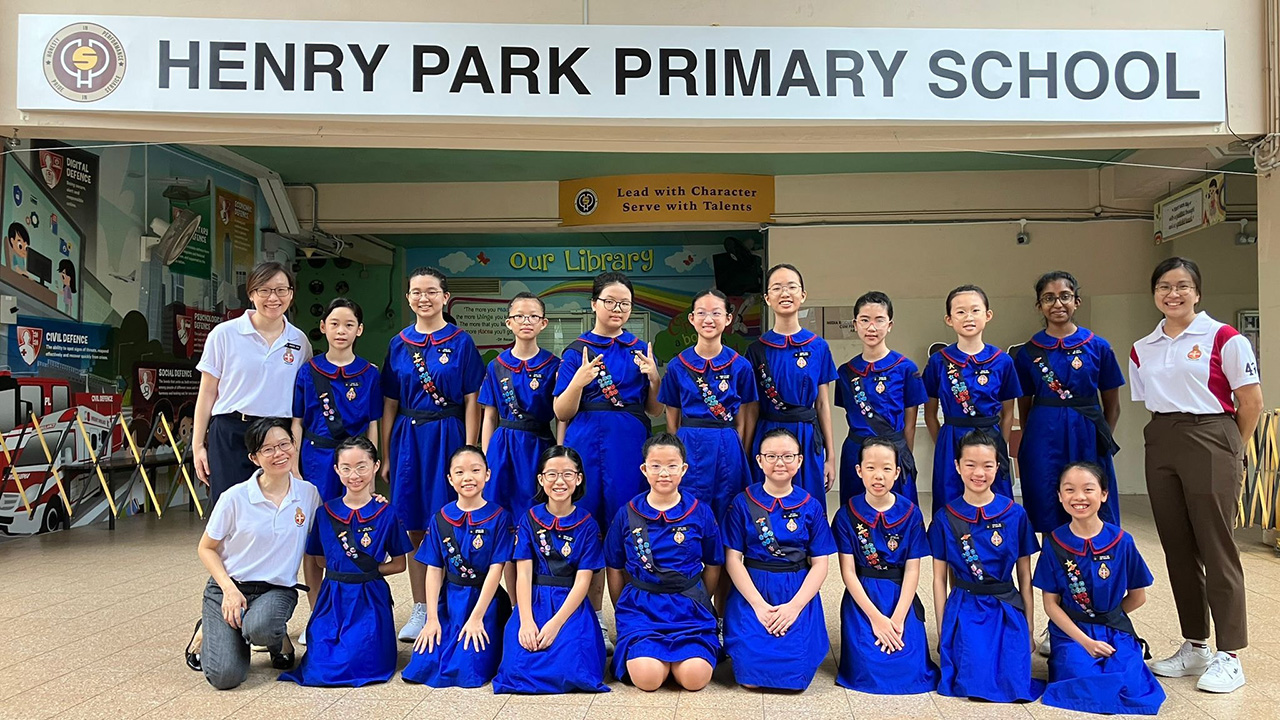
Henry Park Primary School (Source)
The Gifted Education Programme (GEP) is for the top 1% of students who show exceptional intellectual ability and creative thinking.
Selected through a rigorous screening process, GEP students receive a specialised curriculum that challenges them to reach their full potential.
The programme focuses on developing higher-order thinking skills, problem-solving abilities, and a love for learning. GEP schools provide a stimulating environment where gifted students can thrive both academically and socially.
Primary School Ranking - 2024
Since the Ministry of Education (MOE) doesn’t publicly rank primary schools, we’ve used Phase 2B registration data to gain insights into popular schools. Our popularity score is calculated by dividing the number of Phase 2B applicants by the number of available vacancies.
During Phase 2B, eligible parents can register their child at a primary school of their choice. Parents often shortlist schools based on the quality of education and academic achievement.
As a result, schools that consistently achieve high scores in the Primary School Leaving Examination (PSLE) tend to be more popular.
However, it’s important to remember that popularity doesn’t always mean a school is the best fit for every child. Each child’s needs are unique, and the right school will depend on those individual needs.
Score is 95 after sheet is included.
How to Choose the Right Primary School for Your Child
Choosing the right primary school for your child is a crucial decision that can shape their educational journey and overall development.
With a variety of school types available in Singapore, understanding each option’s unique strengths can help you make an informed choice. Here’s what to look for when choosing one for your child:
Your Child’s Interests
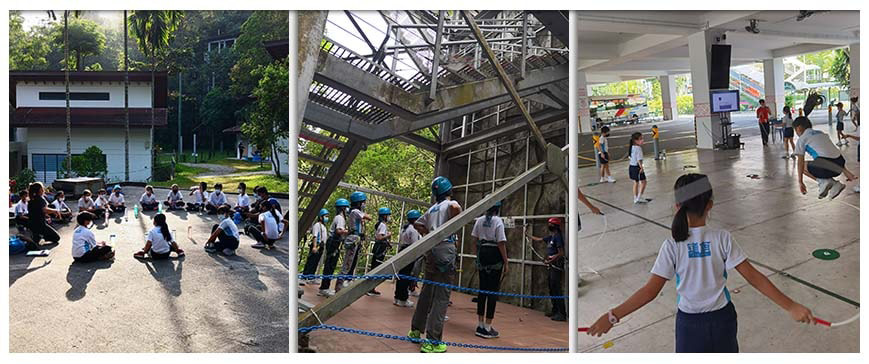
Tao Nan Primary School (Source)
It’s essential to select a school that aligns with your child’s interests and talents. Look for schools offering Co-Curricular Activities (CCAs) that cater to their passions, providing ample opportunities for growth and exploration.
For instance, special programme schools often offer specialised curriculums for students passionate about arts or sports. These schools nurture specific talents alongside academic pursuits, ensuring that your child can excel in their areas of interest.
School Culture and Values

Nanyang Primary School (Source)
The school’s values and culture should resonate with your family’s principles and expectations. Affiliated primary schools, for example, often emphasise character development and holistic education within a values-based framework.
Public schools are known for their rigorous academic standards and a strong emphasis on holistic development, ensuring that students grow up with a balanced perspective.
School Environment
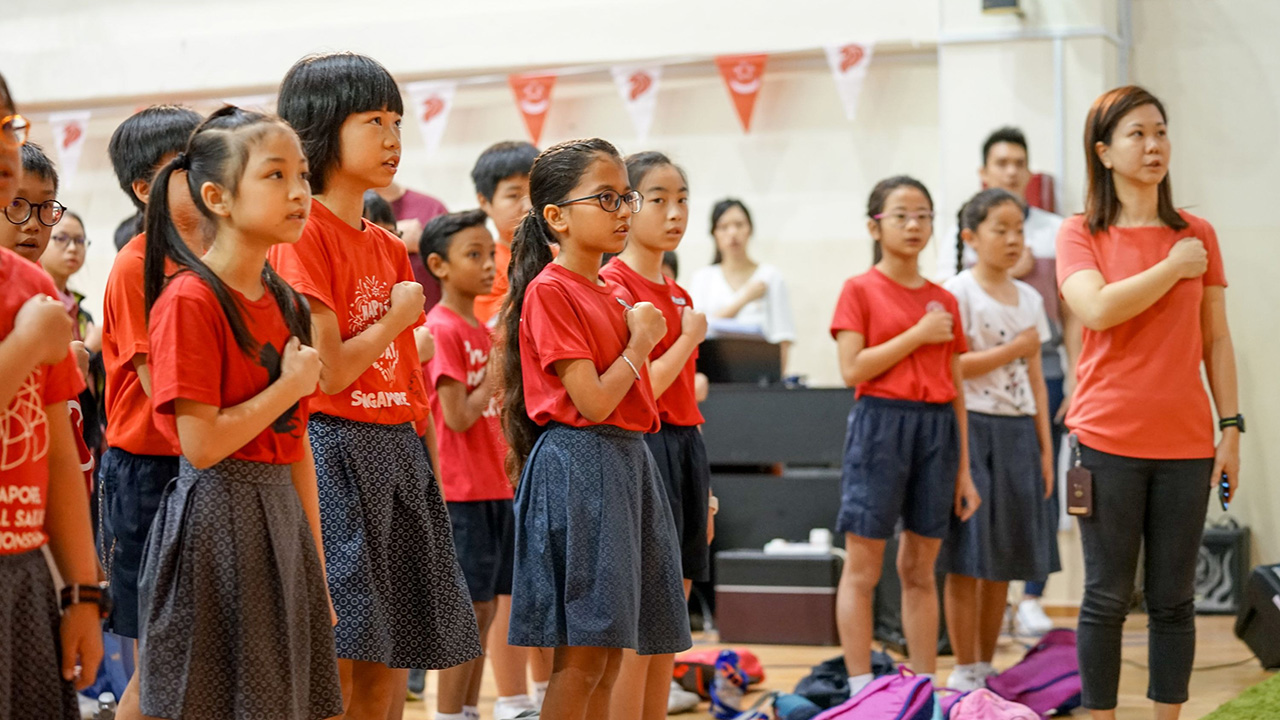
St. Hilda’s Primary School (Source)
Your child’s overall learning environment significantly impacts your child’s learning experience. Evaluate the facilities, the quality of teachers, and the overall learning environment.
Autonomous schools are known for their enhanced learning experiences and leadership opportunities, providing a supportive and enriching environment.
Smaller class sizes and low teacher-to-student ratios, common in autonomous schools, can lead to more individualised attention and better educational outcomes.
Location

Raffles Girls’ Primary School (Source)
Consider the school’s location in relation to your home or workplace.
Minimising travel time can reduce stress for your child and ensure they have more time for rest and extracurricular activities.
Public and autonomous schools are often centrally located, making them accessible for many families across Singapore.
Special Educational Needs
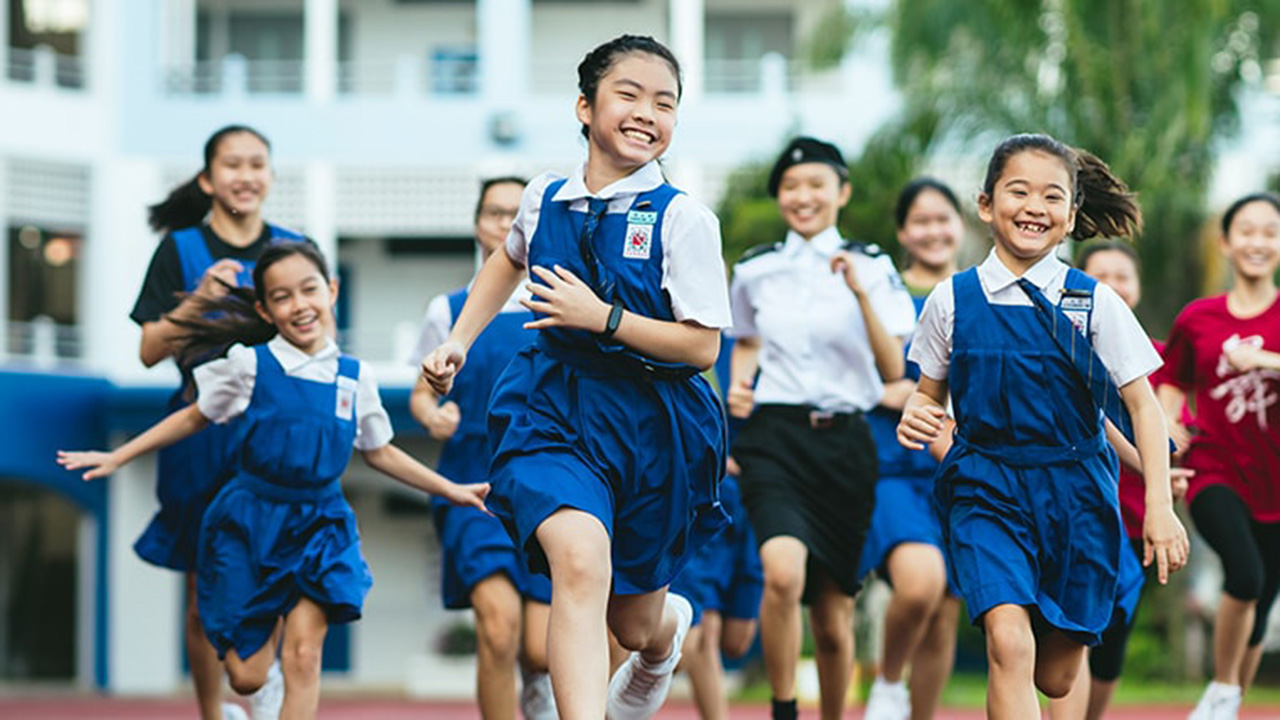
CHIJ St. Nicholas Girls’ School (Primary) (Source)
If your child has special educational needs, it’s important to find a school that offers additional learning support, enrichment classes, or necessary accommodations.
Schools with the Gifted Education Programme (GEP) provide tailored programmes for intellectually gifted students, ensuring they receive the right level of challenge and support.
Special Assistance Plan (SAP) schools focus on bilingual and bicultural education, catering to students with a strong interest in learning multiple languages and cultures.
Elevate Your Child’s Primary School Years with OBA!
Selecting the right primary school for your child is just the beginning of their educational journey.
Ensuring they make the most of their after-school hours is equally important. With the right school, your child will be on a path to academic excellence, personal growth, and a well-rounded development.
At Out of Box Academy (OBA), we take this a step further by providing a nurturing environment where your child can excel academically, develop critical life skills, and foster lasting friendships. Our Student Care Centre for Preschool and Primary School Students transforms after-school hours into productive, enriching, and enjoyable moments.
Enrol your child at Out of Box Academy and watch them thrive in an environment that supports their academic and holistic development. Book your centre tour today to learn more and secure a spot for your child.

